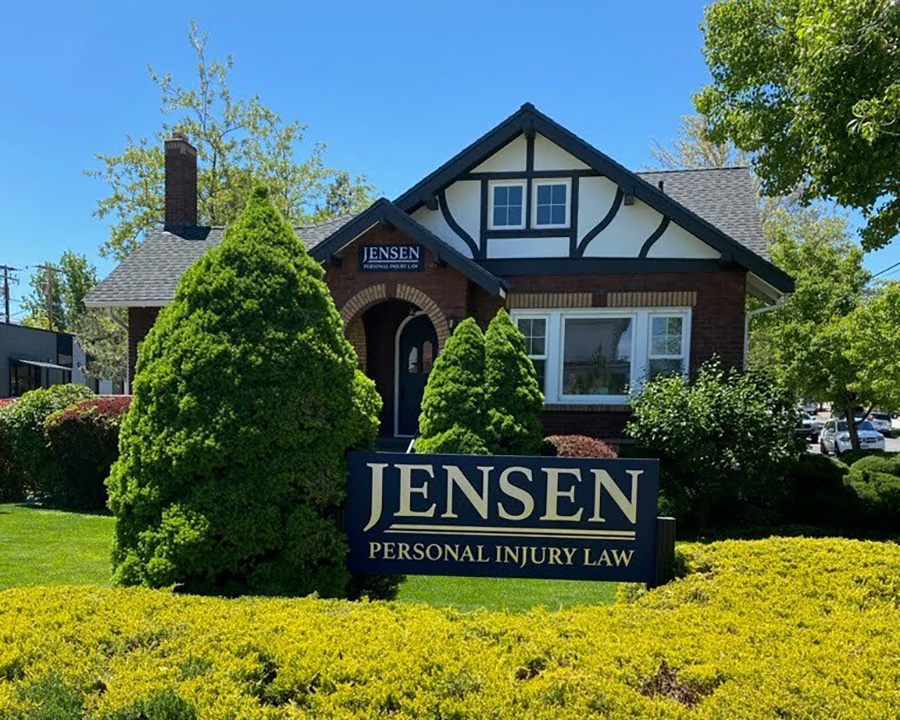Navigating life after an accident can feel overwhelming. Managing your recovery and dealing with insurance companies can stir up anxiety. Taking the next step—meeting with a personal injury lawyer—shouldn’t add to your uncertainty.
If you’ve scheduled your first meeting, you might wonder what to bring, what to ask, and what to expect. Whether you choose to work with our firm or another Reno attorney, we want you to feel prepared and confident as you take this critical step toward justice.
Getting Your Case Ready: What to Bring
Your first meeting with a lawyer is all about building a foundation for your case. Imagine this as laying the bricks for a house—the stronger the base, the sturdier the structure. To help your lawyer fully understand the situation, you’ll need to provide as much information as possible.
- Start with medical records. These documents help paint a picture of how the accident has affected you physically. They establish your financial losses and highlight the ongoing care you might need.
If possible, bring the following:
- The name and address of the hospital where you were treated
- The dates of your appointments
- Any diagnoses or treatment records are essential.
- Bills from the hospital or invoices from physical therapy
- Insurance and employment information is equally critical. Insurance information will guide the lawyer in understanding potential coverage options. Employment information will show how the accident has affected your income.
Be sure to bring:
- Health and auto insurance policies
- Documented details about the accident
- Pay stubs or other proof of lost wages due to time away from work
- Finally, gather any evidence related to the accident itself. Your lawyer will conduct their own investigation, but bringing your own evidence to the first meeting will speed things up and help your lawyer build a case.
Items to bring include:
- Photos (of the accident and/or resulting injuries)
- Witness contact information
- The police report
Be Prepared to Ask and Answer Questions
A first meeting isn’t just about sharing information; it’s also about asking the right questions. Think of this as a two-way conversation—both you and your lawyer will be trying to assess whether you’re a good fit for working together.
It’s a good idea to ask about the lawyer’s experience, especially with cases similar to yours.
- Have they handled situations like this before?
- What was the outcome?
- Will they personally handle your case, or will other team members take over?
- How often can you expect updates, and what happens if your case goes to trial?
You should also be prepared to answer questions regarding the accident. They’ll want to know everything about the accident:
- How and where did it happen?
- Who was involved?
- Are there any witnesses?
- How severe are your injuries and how have they affected your daily life?
- Have you lost income?
What to Expect During the Meeting
This first meeting isn’t about making decisions or signing agreements—it’s about creating clarity. You’ll walk in with your questions and documents and leave with a better understanding of your case and your options.
Your lawyer might ask some tough questions, especially about the accident and your medical history. It can help to practice talking through the details with a trusted friend beforehand. Bringing someone you trust to the meeting can also provide emotional support and ensure nothing important gets overlooked.
Finally, honesty is critical. It’s natural to want to present your case in the best possible light, but misrepresenting facts—intentionally or unintentionally—can harm your case in the long run. The more transparent you are, the better your lawyer can advocate for you.

Meet With a Reno Personal Injury Lawyer
Taking this step may feel daunting, but it’s also empowering. Meeting with a personal injury lawyer in Reno is an opportunity to take control of your situation and begin the process of seeking justice. With preparation and an open mind, you’ll be equipped to make informed decisions and find the right partner to help you on your journey toward recovery.
The information provided on this site is for general information purposes only. The information you obtain at this website is not, nor is it intended to be, legal or medical advice. You should consult an attorney or doctor for advice regarding your own individual situation. Use of this website or submission of an online form does not create an attorney-client relationship.
